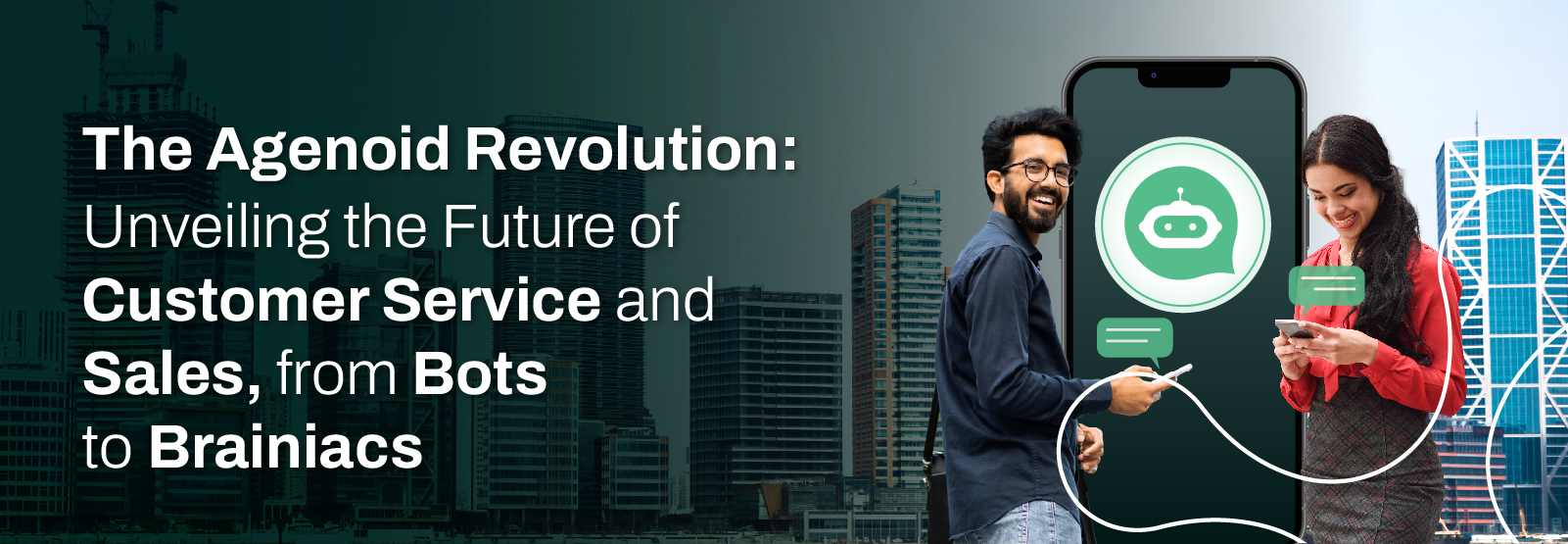Contact center speech analytics helps companies to understand their customer interaction better. It can examine data from interactions and offer insights into the customer’s voice.
In this article, we discuss the core concept of contact center speech analytics and how it can benefit your business.
What is Contact Center Speech Analytics?
Contact center speech analytics is a technology that analyzes conversations between customers and agents to extract valuable insights to improve customer service, agent performance, and overall operational efficiency.
How Speech Analytics Works?
Speech analytics involves collecting and analyzing data to gather critical insights. This data is extracted from customer conversations and presented through dashboards, reports, and call transcripts.
Here’s how it works:
» Voice Processing – The system collects and processes voice data from sources like call recorders and VoIP streams. The unstructured voice data is matched with structured data to identify the agent’s name, caller name, time, etc.
» Speech Recognition – The next step is to examine the conversations for language patterns. Speech analytics tags or categorizes contacts as containing specific characteristics or language. The tool can also highlight keywords, redact, and finally, report the analysis of the call.
» Data Interpretation – After data analysis, call center voice analytics delivers detailed reporting on the analysis. This includes insights on call quality, sentiment, agent performance, and compliance.
Types of Speech Analytics
Depending on when the voice data is analyzed, there are two types of speech analytics:
1. Real-time Speech Analytics
It analyzes the live calls, allowing agents to access actionable insights, trends and metrics at the moment to offer a more personalized experience to the customers.
Real-time speech analytics can also reveal insights into customer sentiment and tone of voice. It gives agents cues to enhance the experience during the call. This can allow them to structure the tone of a conversation, automatically search for information in the database and generate personalized commercial offers.
2. Post-call Speech Analytics
It offers insights after the call ends by processing the recorded audio files. These insights help agents to build future support processes and strategies.
The post-call speech analytics is slower but gives more accurate results and analyzes information in more detail. For example, it can segment the calls and compare them to the ideal conversation structure to show mistakes to an employee and recommend how to handle the next calls.
Top 7 Benefits of Speech Analytics for Call Centers
Speech analytics technology has a prominent place in improving call center operations. It can help:
1. Improve Customer Satisfaction
Integrating speech analytics can help you better understand your customers and improve the service level. Modern contact center speech analytics tools utilize AI to interpret customer interactions’ tone, sentiment, and content.
For example, if the customer’s tone indicates dissatisfaction, AI immediately flags this as a negative interaction. Contact center agents can get real-time feedback, guiding them to handle the situation and align their responses with customer expectations.
Even if agents struggle with certain types of calls, leaders can provide additional training to help them improve their performance.
2. Enhance Agent Training & Performance
You can get valuable insights into agent-customer interactions and identify key areas for improvement using contact center speech analytics. This can help enable targeted training interventions on handling different scenarios, adhering to scripts, and applying best practices.
With speech analytics, agents can identify customer intent, interpret it, and locate the necessary answers. This helps them communicate relevant information to customers in real time. Agents can anticipate customer needs and expectations, enabling them to offer more personalized services.
3. Comply with Regulations & Mitigate Risk
Speech analytics can analyze conversations for compliance issues such as disclosure of sensitive information or non-compliance with regulatory requirements.
For example, it can identify cases where agents do not follow guidelines or provide incorrect information.
Contact centers can use speech analytics to automate quality monitoring and identify suspicious behaviors, such as potential fraud. This can be useful to businesses in industries with strict consumer protection laws, such as finance and healthcare.
4. Improve Operational Efficiency
A call center can leverage speech analytics to derive insights into call patterns, and agent expertise for specific issues. It can quickly identify inefficiencies in call-handling processes, such as longer response times. This allows you to optimize call routing and scheduling, ensuring the right agent can handle specific customer queries at the right time.
It can automatically tag and categorize calls based on topics or issues discussed, which can significantly enhance operational efficiency.
5. Gather Data-driven Insights
Contact center speech analytics offers insights into key performance indicators, such as call volume, average handling time, and customer sentiment. These insights help call center leaders to quickly identify emerging trends. For example, if an e-commerce company discovers increasing complaint calls related to a specific product, it can address the issue before it escalates.
6. Offer a Proactive Issue Resolution
With speech analytics, contact centers can identify patterns in customer complaints, allowing companies to address problems before they are widespread. For example, if a utility company notices an increase in calls regarding billing confusion, it can proactively update the billing process to prevent future complaints.
7. Gain Competitive Advantage
Businesses need to keep up with the customer needs and preferences to hold a firm ground in the market. Speech analytics allow companies to compare their performance metrics with industry standards to identify areas of improvement. Companies can innovate and adapt more quickly when they stay on customer trends and expectations.
For example, a tech company can use speech analytics to identify a growing interest in a few features. This insight will allow it to prioritize its development efforts and stay ahead of competitors.
Challenges of Implementing Speech Analytics
Despite numerous benefits, implementing speech analytics in a contact center can come with certain challenges, Businesses must navigate these hurdles to realize the full potential of speech analytics :
1. Technical Complexity
Implementing speech analytics may require technical expertise as it involves deep technologies like natural language processing, machine learning, and voice recognition. Businesses have to carefully select the correct solution for their specific use case, considering various factors such as data complexity, accuracy level, and the availability of training resources.
One good option is to choose a GenAI-powered cloud contact center solution like Exotel. It helps you seamlessly onboard speech analytics into your daily contact center operations, along with features like AI-powered scoring and conversational analytics. The platform helps you reduce manual effort and optimize resource allocation for increased productivity.
2. Data Privacy & Security
Speech analytics require your business to record and store conversations, which could also contain sensitive and personal information. Therefore, businesses should obtain explicit consent from customers for voice processing in order to comply with data protection laws such as GDPR or HIPAA.
Choosing a call center analytics platform that is compliant with the data protection laws can help you. For example, Exotel implements robust encryption, secure storage, and strict access controls to ensure that sensitive data is protected at all times.
3. Scalability Issues
As the contact center expands, the speech analytics system must scale to handle increased call volumes without compromising accuracy or speed. It can be difficult to ensure scalability without any significant additional cost. With more data to be processed, system performance may degrade, leading to slower processing times.
Get Insights into Your Conversations with Exotel
Exotel is a contact center solution for companies that can play a significant role in analyzing customer needs and sentiments to offer the best support.
Apart from speech analytics, it offers a multitude of features, such as:
- Omnichannel customer engagement
- Integrations with multiple apps
- Multi-level IVR
- Drag-and-drop IVR builder and more, for seamless management of contact center operations.
Book a demo with our expert team to know how it can help you improve contact center operations.
FAQs
1. What are the Four Elements of a Contact Center?
The four essential elements of a contact center are agents, supervisors, automations, and reporting.
2. Can Speech Analytics Work with Multiple Languages and Accents?
Many advanced speech analytics systems can work with multiple languages and accents. However, accuracy can vary depending on the audio recording’s specific language, accent and quality.
3. Is speech analytics suitable for small businesses?
Though speech analytics is often associated with large contact centers, it can also suit the needs and budgets of small businesses to provide valuable insights and improve customer service.
 +91-808 8919 888
+91-808 8919 888 +91-808 8919 888
+91-808 8919 888 +966 135 181 912
+966 135 181 912




